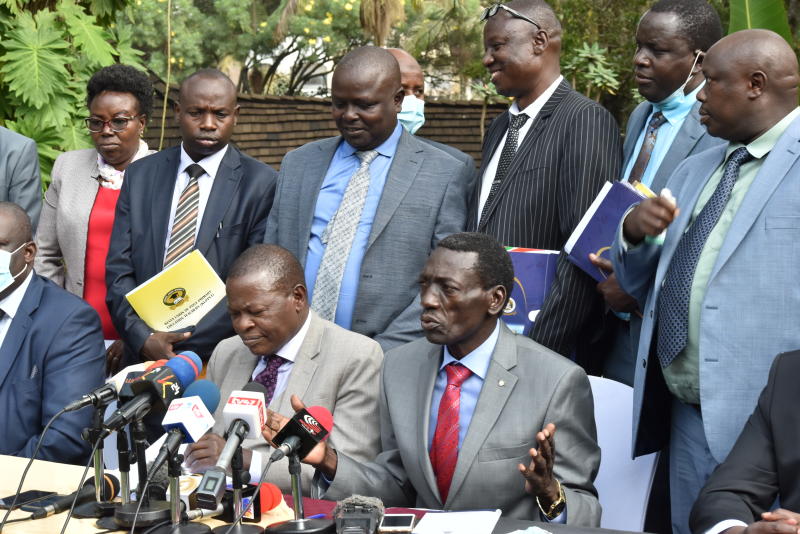Kenya’s plan to migrate teachers from the Minet medical insurance scheme to the Social Health Authority (SHA) is shaping up into a test of balancing broader access with quality healthcare delivery. While the government promises improved coverage, teachers’ unions warn of unresolved pitfalls.
With the Minet contract expiring in just weeks, the Teachers Service Commission (TSC) has confirmed consultations are underway to finalise the move by December 1. The urgency has alarmed union leaders, who say a rushed transition could deny over 400,000 teachers and their dependents vital medical benefits.
At a meeting convened last week between TSC, SHA, and union officials, SHA highlighted its expansive network, pledging access to more than 9,000 health facilities compared to Minet’s 800. Yet, union representatives remained skeptical, insisting that more hospitals do not necessarily translate to quality service.
Knut secretary-general Collins Oyuu argued that teachers deserve not just wider access, but dependable care. “Yes, the coverage is wider, but we cannot sacrifice quality for numbers. This matter requires careful deliberation within our National Executive Council before any decision is made,” he noted.
Moses Nthurima of Kuppet echoed these concerns, saying teachers had already suffered under Minet due to slow authorisations and denied treatments. “The frustrations of teachers at hospitals prove that schemes often prioritise profit margins over patients. Shifting to SHA without safeguards could expose them to the same failures on a larger scale,” he warned.
Meanwhile, Ndung’u Wangenye of the Kenya Teachers Health and Welfare Association cautioned against hidden costs. He stressed that if teachers are required to contribute up to Sh60,000 annually, SHA must guarantee full coverage—spanning outpatient, inpatient, maternity, optical, and dental services. Anything less, he argued, would be a downgrade.
For the unions, the central issue is not whether teachers should join SHA, but whether the scheme is ready to address historical shortcomings and protect teachers from exploitation. They are calling for structured public participation, transparent frameworks, and comprehensive benefits before supporting the shift.
The tug-of-war over teachers’ health insurance underscores a broader national debate: can Kenya’s new universal health system balance expanded access with quality service? For thousands of educators, the answer could determine not only their wellbeing but also their trust in government reforms.





